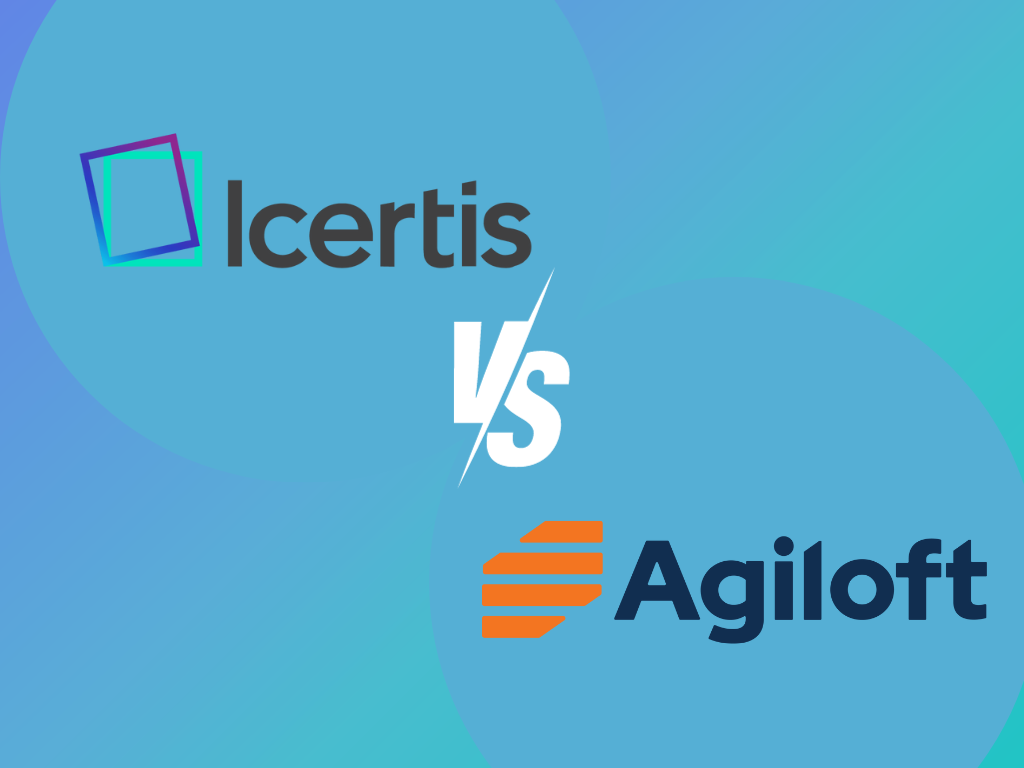Contracts play an indispensable role in any business transaction. They help to protect both parties involved and outline the obligations of each. Unfortunately, many businesses need help understanding what should be included in a contract, leading to potential disputes.
Familiarizing yourself with the essential Contract Clauses is a must to ensure your contracts are enforceable. Find out why these clauses are crucial and how a contract management system can streamline your workflow. You’ll also gain tips on how to draft practical clauses to avoid legal ramifications when dealing with clients.
Table of Contents
What Are Contract Clauses?
Contract clauses are parts of a legal agreement that define each party’s responsibilities, rights, and obligations. These clauses outline the terms and conditions of the agreement during the duration of the contract or transaction. They can fall into three categories:
- Enforcement clauses – these are legal provisions that outline the consequences of violating a contract. It includes remedies like cost reimbursement or litigation options. Include these clauses to ensure the interests are protected and you have legal recourse if necessary.
- Interpretation clauses – outline how the contract should be interpreted in case of any confusion or disagreement between parties. This includes specifying the language used in the agreement, defining any ambiguous terms, and providing a method for disputing interpretations.
- Execution clauses – specify the exact steps or conditions that parties must meet before the contract can be considered valid and enforceable. This includes getting the necessary signatures and approvals or completing specific tasks outlined in the agreement.
Essential Contract Clauses in any Agreement
Here are seven essential contract clauses that businesses should include in their agreements:
1. Definitions and interpretations
This clause defines key terms and phrases used in the contract, ensuring that both parties clearly understand what is being agreed upon.
For example: “The term ‘Goods’ shall mean [insert definition of goods being supplied].”
2. Payment and delivery terms
This clause describes payment and delivery terms, including when payment is due and how it should be made. It also outlines the delivery schedule and any penalties for late delivery.
For example: “Payment for Goods shall be made within 30 days of delivery. Late payments shall accrue interest at a rate of X% per month.”
3. Warranties and representations
This clause outlines any guarantees made by one party to the other, such as the quality or fitness for the purpose of goods or services.
For example: “Seller warrants that the Goods shall be free from defects in materials and workmanship and shall conform to any specifications provided by Buyer.”
4. Limitations of liability
This clause limits the amount of damages one party can seek from the other in the event of a breach of the contract.
For example: “Seller’s liability for any claim arising under this Agreement shall be limited to the price paid by Buyer for the Goods.”
5. Termination and suspension
This clause describes the circumstances under which the contract may be terminated or suspended by one or both parties.
For example: “Either party may terminate this Agreement upon written notice to the other party if the other party breaches any material term of this Agreement and fails to cure such breach within 30 days of receiving written notice of such breach.”
6. Intellectual property rights
This clause outlines the ownership and permitted use of any intellectual property involved in the contract, such as trademarks or patents.
For example: “Buyer acknowledges that Seller owns all rights, title, and interest in and to the trademark XYZ and shall not use or register any marks that are confusingly similar to XYZ.”
7. Governing law and jurisdiction
This clause specifies which state or country’s laws apply to the contract. In which courts shall have jurisdiction in the event of a dispute.
For example: “This Agreement shall be governed by and construed in accordance with the laws of the State of [insert state or country], and any dispute arising out of or in connection with this Agreement shall be resolved in the courts of [insert city or region].”

Importance of Including these Contract Clauses in Business Agreements
Businesses enter into enforceable contracts to formalize their relationships with other parties. These agreements set out the terms and conditions that:
- govern their transactions,
- outline their rights and obligations, and
- reduce the risk of disputes.
However, not all contracts are created equal, and not all agreements are enforceable. That is why businesses must include essential agreement clauses. Here are some reasons:
- Legal compliance – A contract’s clauses may specify obligations under data protection, employment, or consumer protection laws. Failure to do so may result in legal consequences.
- Protection of interests – A contract may include clauses that limit liability, indemnify against losses or damages, or ensure confidentiality. Businesses may be exposed to significant financial and reputational risks without these clauses.
- Clarity and certainty – Contracts that lack essential clauses may be ambiguous, open to interpretation, or subject to different meanings. It can lead to misunderstandings, disputes, and costly litigation.
- Efficient dispute resolution: Agreement clauses can facilitate efficient dispute resolution. A contract may include clauses requiring the parties to mediate or arbitrate before initiating legal action.
- Favorable Negotiation Position: When negotiating a contract, including essential clauses can create leverage for the contracting parties. It can improve their bargaining power and allow them to achieve a better deal.
Businesses that understand the importance of including essential agreement clauses are better equipped to manage contract risks and achieve their objectives.
 Additional Contract Clauses to Consider
Additional Contract Clauses to Consider
Here are four additional clauses to consider including when drafting agreements:
1. Confidentiality
This clause ensures that confidential information shared between parties remains private and protected from disclosure to unauthorized individuals or entities.
For example: “The parties agree not to disclose any confidential information to any third party without the prior written consent of the other party.”
2. Force majeure
This clause outlines the events or circumstances beyond the control of the parties that could make it impossible or impractical for them to fulfill their contractual obligations.
For example:: “Neither party will be liable for any loss or damage incurred as a result of any events beyond their reasonable control including, but not limited to, acts of God, war, and natural disasters.”
3. Dispute resolution
This clause details how potential disputes between the parties will be resolved.
For example: “Any disputes arising under or in connection with this agreement shall be resolved through mediation or arbitration in accordance with the rules of the American Arbitration Association.”
4. Indemnification
This clause outlines which party is responsible for damages or costs arising from the other party’s actions or omissions.
For example: “Party A agrees to indemnify and hold harmless Party B for any damages or costs incurred as a result of Party A’s breach of this agreement.”
Streamline Your Contract Workflow With Fill
Managing business agreements is crucial for your business to avoid legal issues as you deal with clients and suppliers. You need a reliable system that helps you draft, review, and sign contracts effortlessly.
Fill is the perfect solution for managing your business agreements. Here’s why:
It provides a centralized platform to store all your contracts, allowing you to access them easily with a few clicks. You can track the contract lifecycle, monitor changes, and get alerts for upcoming deadlines, making it easier to manage your contracts.
See how Fill can transform your contract management. Request a demo now.




